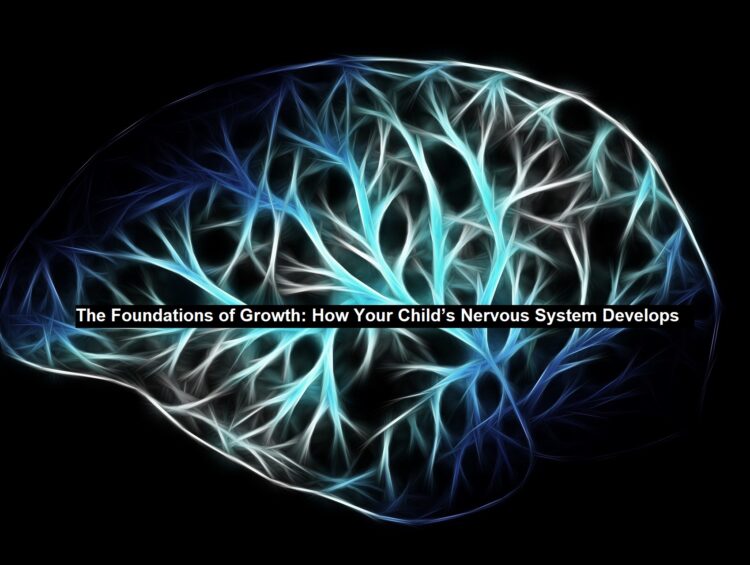Your baby’s brain development is one of the most extraordinary aspects of their early growth. From conception, their nervous system begins to form, laying the groundwork for essential functions like movement, cognition, and emotions. By understanding this intricate process, you can create an environment that supports and nurtures your child’s brain development.
In the earliest stages of pregnancy, your baby’s nervous system starts as a tiny neural tube that will develop into the brain and spinal cord. As pregnancy progresses, this system becomes increasingly complex. By the end of the first trimester, foundational brain structures are in place, although the brain will continue to grow and mature well into childhood.
Read: Surprising Uses for Botox Beyond Wrinkles
A critical aspect of this development is the rapid creation of neurons, the cells responsible for transmitting information throughout the body. These neurons form connections known as synapses, enabling your baby to begin interacting with the world. Even in the womb, your baby processes sounds, responds to movements, and starts sensing their surroundings.
As a parent, you have a significant role in fostering your baby’s brain growth. During pregnancy, consuming a balanced diet rich in nutrients such as leafy greens, fish, and whole grains provides the essential building blocks for neurons and synapses. Maintaining a healthy lifestyle is more than just maintaining a healthy diet. For example, creating a stress-free environment further supports optimal development, which can be accomplished via the help of a webster technique chiropractor.
After birth, simple activities like physical touch, talking, and singing have a profound impact on brain development. Exposing your baby to a variety of textures, sounds, and sights stimulates the formation of new neural pathways. The diversity of these experiences strengthens their brain connections, promoting cognitive growth.
Your relationship with your baby is equally important. In the early months and years, babies depend on caregivers to provide a safe and nurturing environment. Positive interactions such as cuddling, speaking, and meeting their needs foster a sense of security. This emotional bonding not only helps your baby handle stress but also supports healthy brain development.
Responding to your baby’s cues—whether through coos, cries, or eye contact—reinforces their ability to communicate and feel understood. These foundational emotional connections shape their future social and emotional skills.
As your child transitions into toddlerhood and beyond, continued encouragement of learning through play becomes essential. Toys, puzzles, and activities that encourage problem-solving and exploration keep their brains actively developing. Reading together, building with blocks, and taking walks to observe the world around them are simple yet effective ways to nurture their growth.
Childs-Nervous-System
For a deeper understanding of your child’s brain development, refer to the accompanying resource for additional insights.





